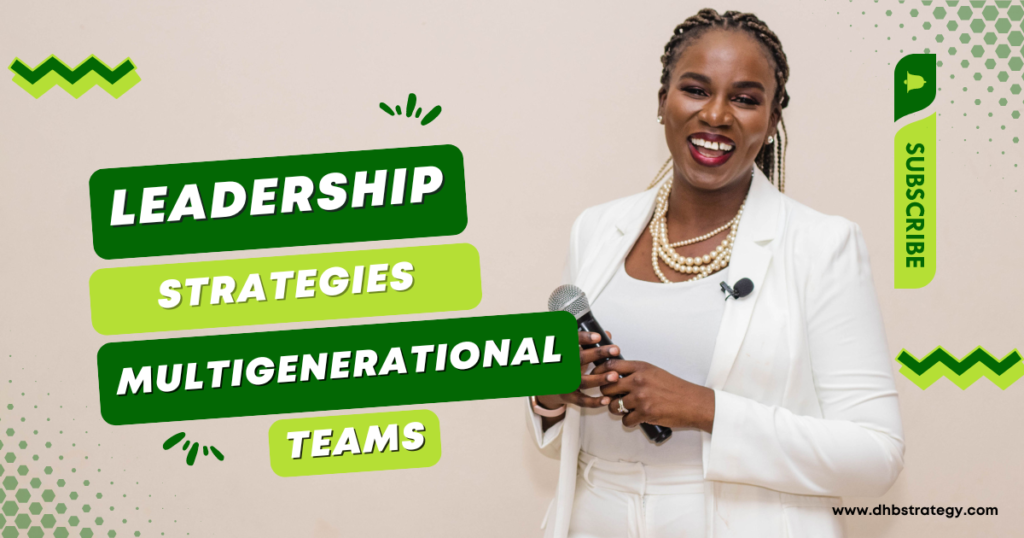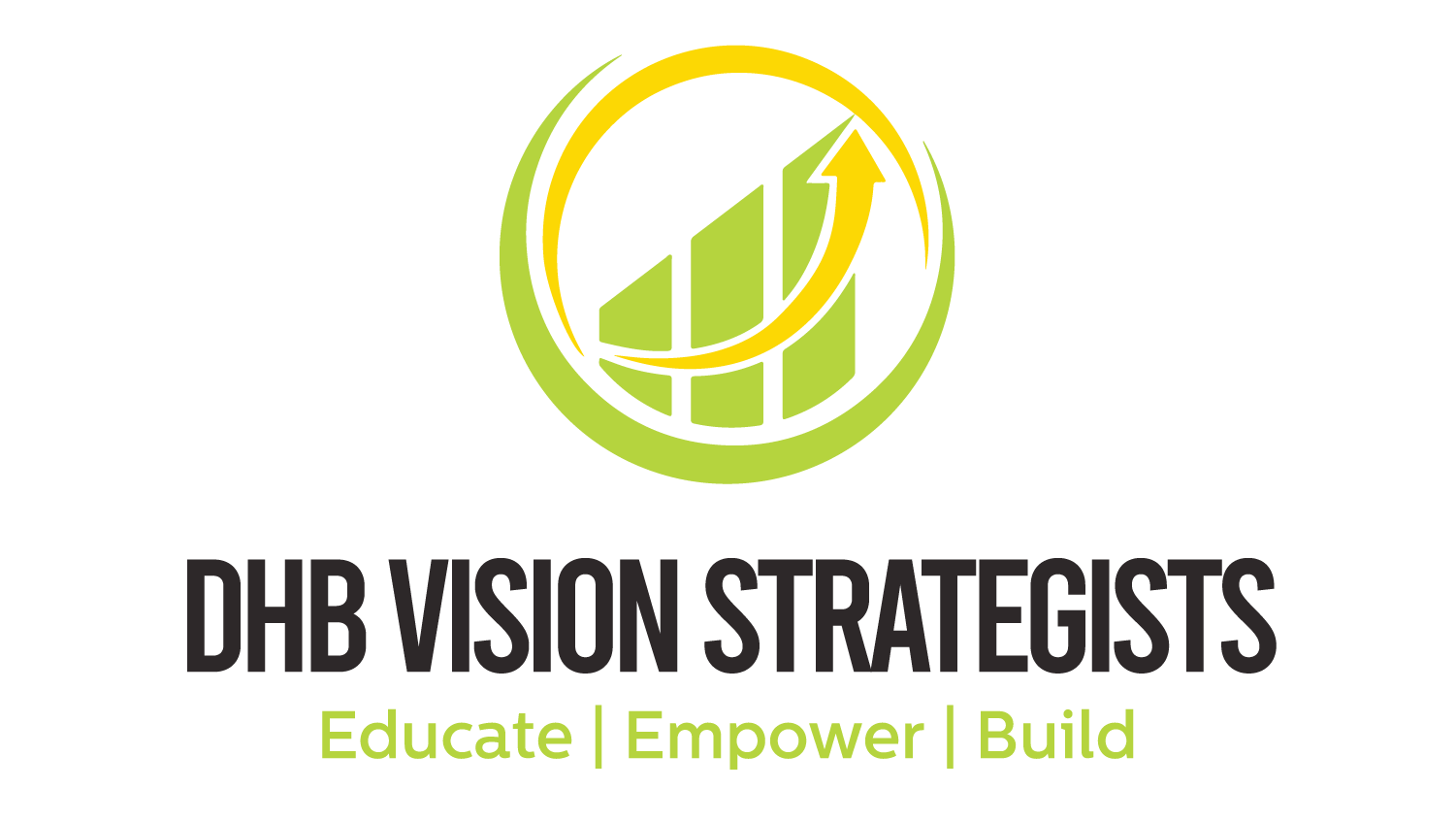Leading Generations: Navigating the Multi-Generational Workplace
In today’s dynamic professional landscape, high-performance teams often encompass leading generations of individuals. This blending of generational backgrounds: diverse ages, work styles, and experiences, can pose challenges to team leaders. How can you effectively lead generations of people in a closed workplace environment? How can you turn a multigenerational team into a high-performance team? The truth is, If you are fortunate enough to lead a multigenerational team, you have the potential to unlock untapped potential and innovation. This article explores how to navigate the multi-generational landscape to build truly high-performance teams.

The Conundrum of Leading Generations
A quintessential feature of today’s workforce is its generational diversity. Employees from the Silent Generation, Baby Boomers, Generation X, Millennials, and Generation Z cohabit in the modern workplace, each group bringing its unique attributes and challenges to the table.
Silent Generation (1925 – 1945): They are often perceived as loyal yet traditional.
Baby Boomers (1946 – 1964): Known for their collaborative nature, they can be resistant to change.
Generation X (1965 – 1980): They’re considered independent, although sometimes bleak.
Millennials (1981 – 2000): They’re seen as driven, but often labelled as entitled.
Generation Z (2001 – 2020): They’re progressive but are sometimes seen as disloyal.
However, these generalisations can be problematic. To truly leverage the benefits of a multi-generational workforce, it’s crucial to challenge such stereotypes and appreciate the individuality of team members.
1. Debunking Stereotypes: The First Step towards High-Performance Teams
The media often fuels generational stereotypes, feeding into age bias and hindering mutual respect within teams. However, every generation’s values, beliefs, and goals are shaped by its unique socio-cultural context and personal experiences.
Understanding these nuances is the first step towards accepting one another, a crucial factor in building high-performance teams. Managers should educate themselves about the realities that different generations have faced throughout their careers while avoiding blanket assumptions based on age.
2. Open Communication: The Foundation of Team Performance
Just as travelling to a new country requires an understanding of its culture and customs, leading generations calls for open dialogue about individual work preferences.
For instance, while a Baby Boomer might prefer face-to-face meetings, a millennial might find digital communication more efficient. Recognising that there’s no ‘one-size-fits-all’ approach to communication is key. Managers should encourage team members to express their preferences and find a compromise that suits everyone.
3. Respecting Boundaries: A Hallmark of Inclusive Leadership
With the inclusion of diverse age groups, workplace discussions are now more open to topics such as diversity, inclusion, and mental health. However, comfort levels with these topics can vary based on generational upbringings.
As a manager, it’s crucial to respect the varied comfort levels of your team members. Encourage open discussions, but avoid forcing a particular viewpoint. Ground the conversations in the context of the organisation’s values and mission.

4. Avoiding Favouritism: Towards Equal Opportunities
For a high-performance team, every member’s voice should be heard and valued. Managers should ensure an inclusive decision-making process that encourages open dialogue, regardless of generational differences.
In meetings, managers should strive to make every voice heard. If a younger employee appears outspoken, give them space to express their opinions respectfully. Similarly, if an elder member seems dismissive, encourage the younger team member to voice their ideas.
Conclusion: Progress through Respect and Understanding
In conclusion, leading generations and creating high-performance teams begins with communication, humility, and understanding. It involves appreciating the strengths and limitations of each team member and recognising their unique insights. The result is respect, understanding, and ultimately, progress.
By adopting these strategies, managers can unlock the potential of their multi-generational teams, fostering a workplace culture that values diversity, encourages open communication, and promotes mutual respect.
As a manager, it’s your responsibility to lead by example. Embrace the generational diversity within your team and use it as a springboard for innovation, collaboration, and success.
Contact Us:
For further insights on fostering inclusive leadership and creating opportunities for cross-generational dialogue in your organization, feel free to reach out to us at https://dhbstrategy.com/book-a-consultation-call/. We’re here to support you on your journey towards building a more inclusive and high-performing workplace.








